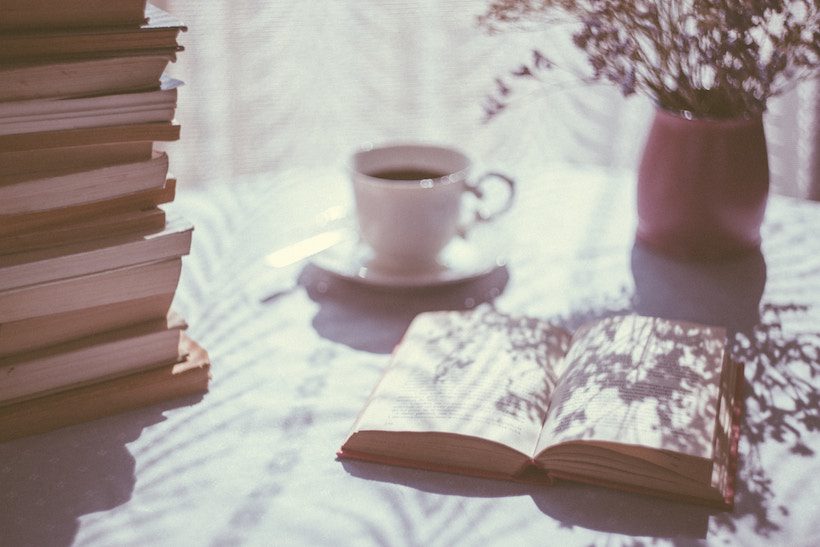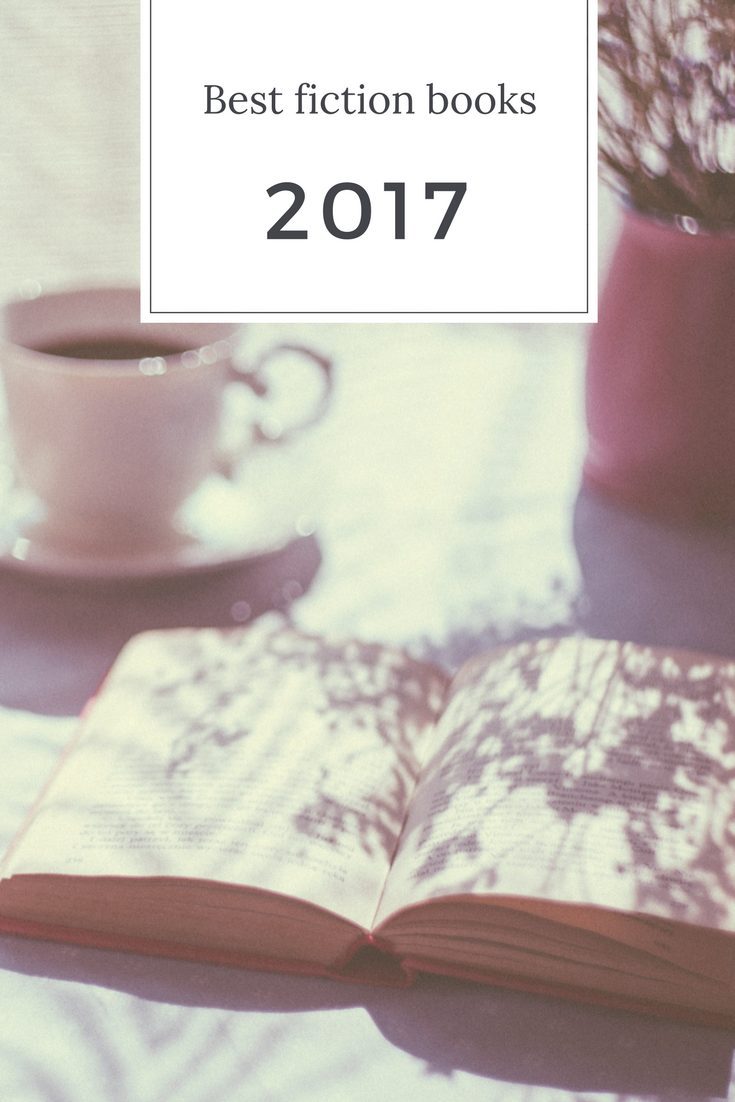Here’s the first of my ‘this year’ lists: the best fiction books of 2017. This list covers books that I read this year, not books that were published in 2017.
Things Fall Apart by Chinua Achebe (1958)
This novel deals with life in pre- and post-colonial Nigeria during the late nineteenth century. It was on my reading list for years, but I avoided picking it up because I knew it would be challenging to read, and it was. I loved its neutral narration and realism. It’s not often that I read about African society from an African point of view and about colonisation from the perspective of the colonised. Things Fall Apart is an important novel.
The Power by Naomi Alderman (2016)
The Power is an exciting work of speculative fiction. Young girls and women around the world develop the ability to release electrical jolts from their fingertips. This changes the balance of power between men and women. I was completely on board with the first half of the novel in which girls and women free themselves from oppression, but it started to lose steam for me when girls and women start becoming the oppressors. I enjoyed it, but I wanted more from this book. The Power is set to be turned into a television series.
The Strays by Emily Bitto (2014)
The Strays tells the story of a community of modernist artists led by Evan and Helena Trentham in Melbourne during the 1930s. It is narrated by Lily, a girl who steps into their bohemian world via her friendship with Eva, one of three Trentham daughters. Lily is enchanted by this world, but this is a story of neglect and loneliness. I love Bitto’s voice, but I also enjoyed this novel because I’m one of those people that like to peek into the lives of other artists. The Strays was inspired by the Heide circle, a well-known group of Australian artists brought together by art benefactors John and Sunday Reed. They lived and worked at the Heide, a former dairy farm that is now a museum.
The Brief Wondrous Life of Oscar Wao by Junot Díaz (2007)
This novel won the 2008 Pulitzer Prize for Fiction. It chronicles the life of Oscar, a nerdy Dominican-American teenager living with his family in New Jersey. I love this novel because it’s about family, struggle, immigration, it contains elements of magical realism, and it’s full of Spanglish, slang, and pop culture references. Even though I’m not Dominican, the characters and stories in this novel felt familiar. It speaks to me as a Hispanic immigrant.
American Gods by Neil Gaiman (2001)
American Gods had been on my reading list for a long time. The novel follows a convict named Shadow who meets the mysterious Mr. Wednesday shortly after his release from prison. With nowhere to go and nothing to do, Shadow accepts a job as Wednesday’s bodyguard. They travel across America meeting Wednesday’s friends and enemies along the way. American Gods blends Americana, fantasy, and myth to explore themes such as immigration, the nature of gods, and contemporary cultural phenomena. It’s a thoughtful and highly entertaining read.
Burial Rites by Hannah Kent (2013)
Set in 1829, Burial Rites tells the story of Agnes Magnúsdóttir, a servant in northern Iceland who was condemned to death for murder. That’s not a spoiler. When the novel opens, Agnes has already been arrested and tried. The novel is set in the winter before her execution. Burial Rites is a slow, beautiful, and haunting novel. I love it because it takes its time, it is rich in its description of life on an Icelandic farm, and it gives Agnes a voice. Variety reports that Jennifer Lawrence will produce and star in the film adaptation.
The Good People by Hannah Kent (2016)
While researching Burial Rites, Kent came across the inspiration for her second novel. Set in a remote valley in south-west Ireland in 1825, The Good People tells the story of Nóra Leahy and her neighbours who believe the misfortune in their valley is caused by a changeling, a fairy child left in the place of Nora’s real, human grandson stolen by the fairies. With her knowledge of Them, the valley’s “handy woman” is the only person that can restore the child. Steeped in folklore, like Burial Rites, The Good People is well-researched, rich in detail, and explores the lives of women.
Nineteen Eighty-Four by George Orwell (1949)
Orwell’s classic dystopian novel saw a burst in popularity after the 2016 election of Donald Trump. Some of the novel’s elements, such as nationalism, a leader who enjoys an intense cult of personality, and historical revisionism, can be observed in America, but it’s a vision clearly borne from Hitler-Stalin communism. In fact, the concept of a ruling class that has its citizens under constant surveillance, controls all information, and uses brutal force to persecute individualism reminds me of Cuba. It’s hard to say that I like this book, but it’s a classic, it’s relevant, and enriching to read.
The Underground Railroad by Colson Whitehead (2016)
This is the winner of the 2017 Pulitzer Prize for Fiction. It tells the story of runaway slaves Cora and Cesar and brilliantly reimagines the Underground Railroad as an actual train rather than a network of secret routes and safe houses. Of course, it’s difficult to read; it’s brutal, but there are a lot of reasons to admire this novel. I love it because it weaves realism and fable. It reads like a slave narrative, but feels fresh, modern, and relevant. I also like that it places Black people at the centre of their liberation efforts.
You can see more of what I’m reading and share your reads with me over at Goodreads.


